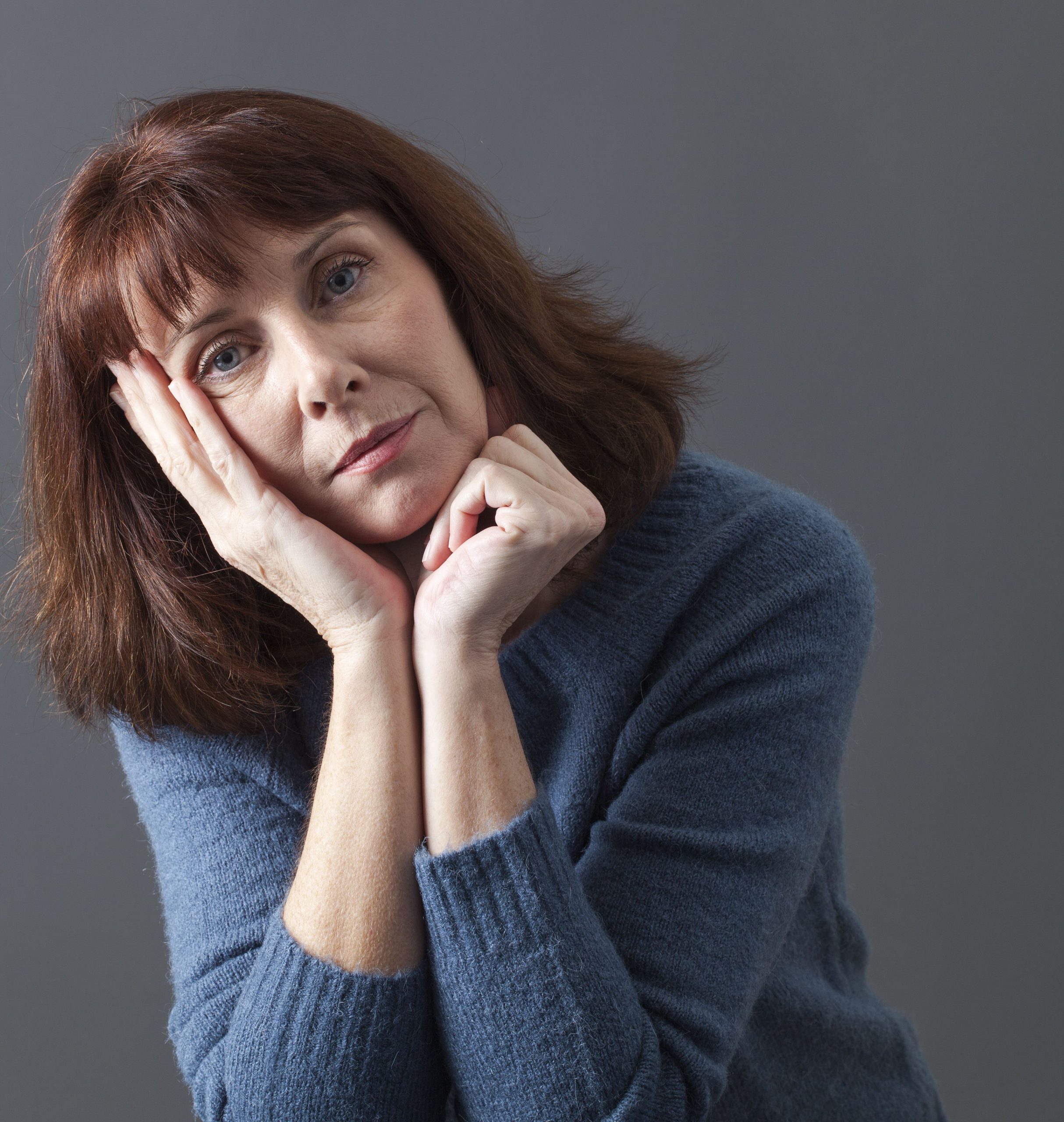The clocks have gone back and it’s getting darker earlier and earlier. Does this have an impact on your mood, do you feel like hibernating until the spring? You are not alone, many people get ‘the winter blues’ and feel their energy levels drop as they see less and less sunshine. Certain individuals experience such severe effects that it can significantly impact on their daily routines, and they can feel very depressed at this time of year. They may be suffering from Seasonal Affective Disorder (SAD).
SAD can affect people at any time of year, not just in winter. The mental health charity mind defines SAD as, ‘a type of depression that you experience during particular seasons or times of year. Depression is a low mood that lasts for a long time and affects your everyday life. If you have SAD, you’ll experience depression during some seasons in particular, or because of certain types of weather. It’s like having your own portable black cloud.’
According to Activenation ‘When asked about the change of seasons from summer to winter in a recent poll, 77% people in the UK reported that their energy levels were negatively affected, and 71% reported a poorer mood.’ However, there is a huge difference between feeling ‘a bit down’ and having SAD. Some symptoms of SAD include a persistent low mood, irritability, lacking energy, increasing weight, prone to colds and infections, even suicidal thoughts.
Research has yet to fully explain what causes SAD, but it is linked to lack of sunlight. It is believed that the lack of sunlight can impact on your melatonin and serotonin levels, as well as impacting on your body’s internal clock. This leads to you feeling tired and low in mood. SAD is more prevalent in northern countries where the days can become very short during the winter months.
Potential treatments for SAD are varied. It is thought that taking in extra Vitamin D could help. Nearly one-fifth of us could be lacking in vitamin D, due to us trying to stay out of strong sunlight during the summer months and not getting enough
sunlight during the winter months. Vitamin D supplements could help and are relatively cheap, or you could get more vitamin D through your diet by eating more oily fish, red meat, liver, egg yolks and fortified breakfast cereals.
Some individuals have found that light therapy can help. Light boxes that emit white or blue light are readily available. However, they are not available through the NHS as there is currently insufficient scientific evidence that they work but reports online suggests some people have found them beneficial.
What is clear is that there is no one solution, different treatments will work for different people. If you are feeling depressed or think that you may be suffering from SAD, please don’t suffer in silence. Speak with your GP and they will be able to offer you support and suggest potential treatments.
**Boldie Links:**
For NHS advice see [here](https://www.nhs.uk/mental-health/conditions/seasonal-affective-disorder-sad/overview/)
MIND has some great help – see [here](https://www.mind.org.uk/information-support/types-of-mental-health-problems/seasonal-affective-disorder-sad/about-sad/)
